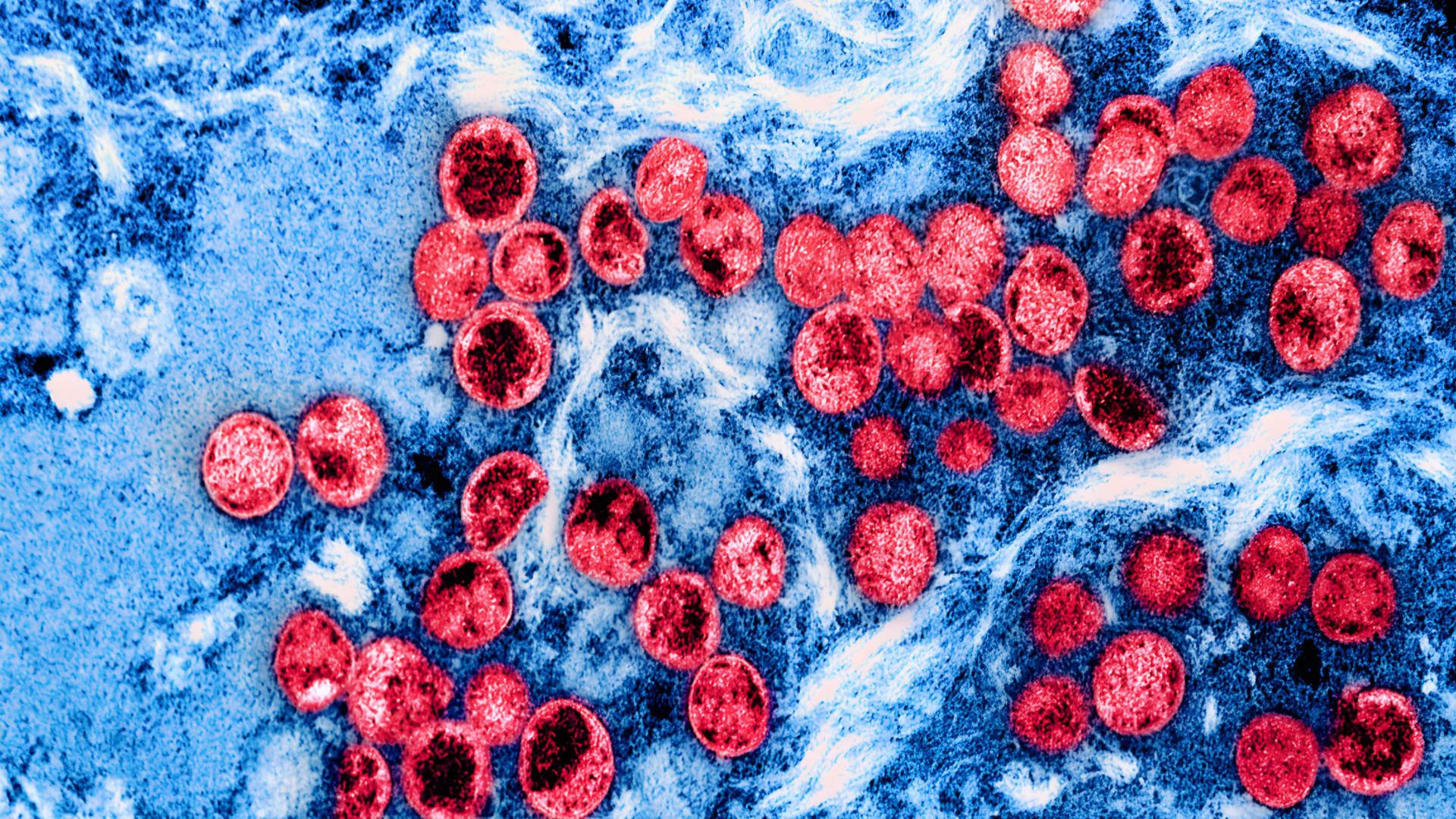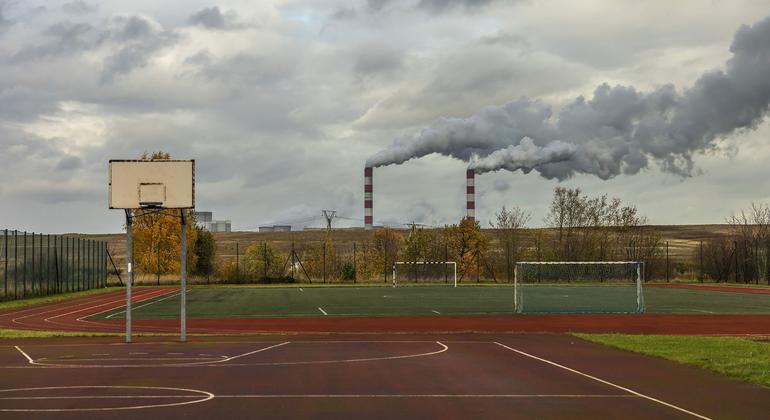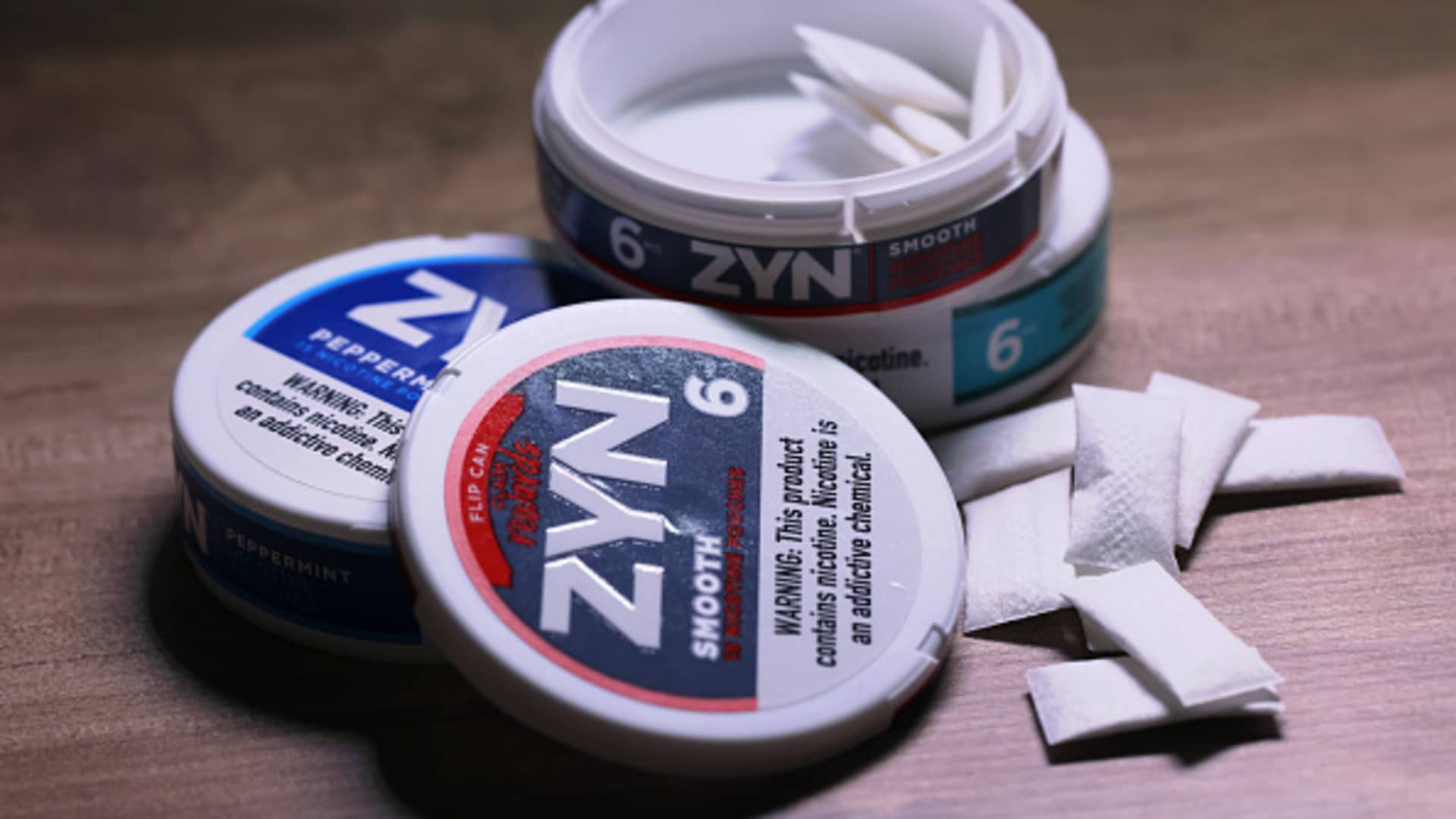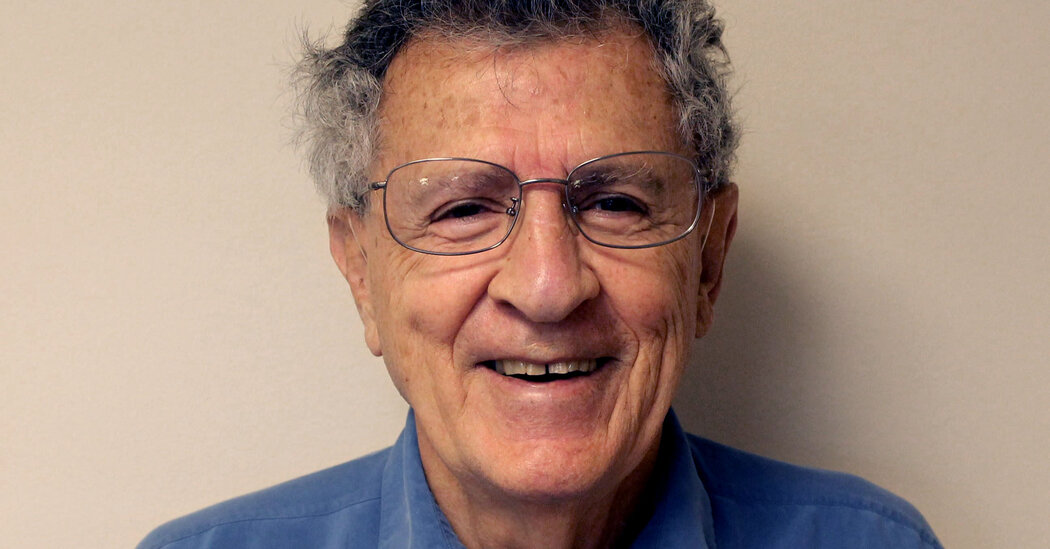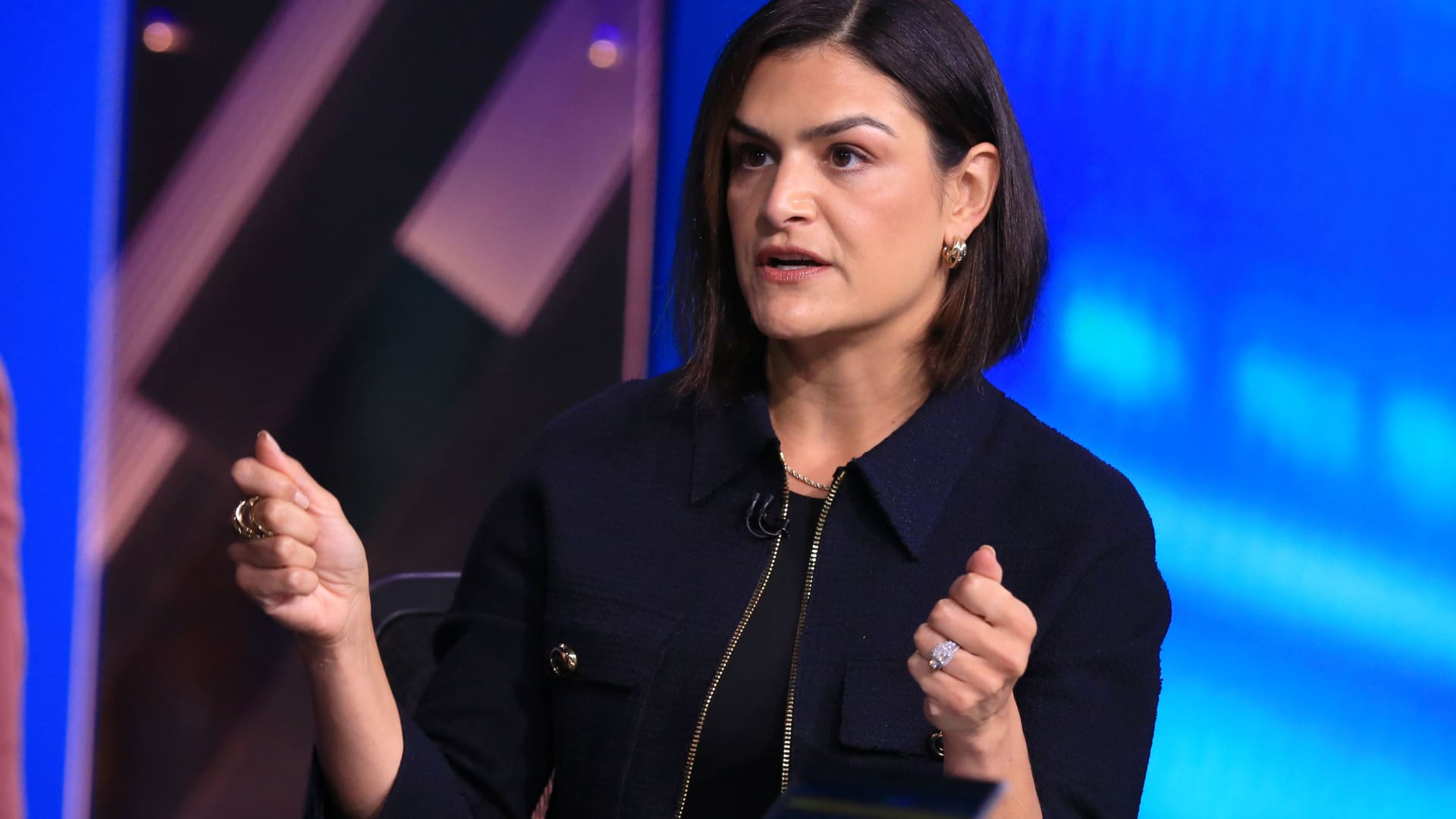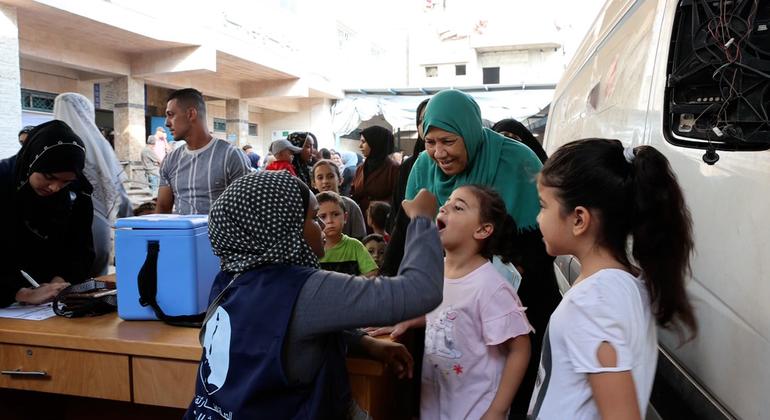Colorized transmission electron micrograph of monkeypox virus particles (red) found inside an infected cell (blue), grown in the laboratory.
Bsip | Universal Images Group | Getty Images
LONDON — Shares in Danish vaccine maker Bavarian Nordic rose as much as 17% on Thursday amid a broader rally in associated healthcare stocks after the World Health Organization declared a growing outbreak of mpox in Africa a public health emergency.
Bavarian Nordic, one of the only companies with an approved mpox vaccine, rose 16.5% in early trading in Copenhagen, Denmark, extending gains of 13% from the previous session when it said it could meet rising demand for vaccines.
Shares pared gains and were trading up about 8% at around 4:36 p.m. local time.
Shares of an American pharmaceutical company Emerging Biosolutions —whose ACAM2000 vaccine is one of two recommended by the Centers for Disease Control and Prevention (CDC) along with Bavarian Nordic’s JYNNEOS— rose in after-hours trading on the New York Stock Exchange.
Meanwhile, medical tool supplier Precision System Science Co. soared 40% in Tokyo.
The WHO declaration on Wednesday — the second in two years for mpox — follows an outbreak of the viral infection in the Democratic Republic of Congo that has spread to neighboring countries.
The status of “public health emergency of international concern” is the WHO's highest designation and is intended to accelerate public health measures and international cooperation to contain a disease.
Mpox is a zoonotic disease that is transmitted from animals to humans. With flu-like symptoms and purulent lesions on the body. Generally mild, it can be fatal in exceptional cases.
The rise in cases is thought to be due to a new variant, known as clade Ib, which appears to spread more easily through close contact, including sexual contact. Cases of the new variant have since been confirmed in Burundi, Kenya, Rwanda and Uganda.
It comes after an earlier outbreak of the virus in 2022, when thousands of cases were reported worldwide, prompting a declaration of a public health emergency by the WHO. That designation was removed in May 2023, following a steady decline in cases.
Brian Ferguson, associate professor of immunology at the University of Cambridge, said the new outbreak was particularly worrying given its higher prevalence among children, and said more needed to be done to improve access to vaccines.
“Even though effective vaccines already exist, there are not enough doses” and they do not reach where they are needed, he said.
The WHO said it was working with countries and vaccine manufacturers to increase access to vaccines for affected countries. The UN health agency said it has released $1.45 million in contingency funding and may need to release more in the coming days. It expects an immediate funding need of an initial $15 million for its response plan.
“The cost and availability of the vaccine will be a big challenge,” said Jimmy Whitworth, emeritus professor at the London School of Hygiene and Tropical Medicine, adding that an estimated 10 million vaccine doses will be required to tackle the outbreak.
Paul Chaplin, chief executive of Bavarian Nordic, told the Financial Times that the company could increase vaccine supply to 2 million doses by the end of the year and 10 million by the end of 2025 if governments placed orders. “We have the capacity, but we need people to start placing orders fairly quickly,” he said.

